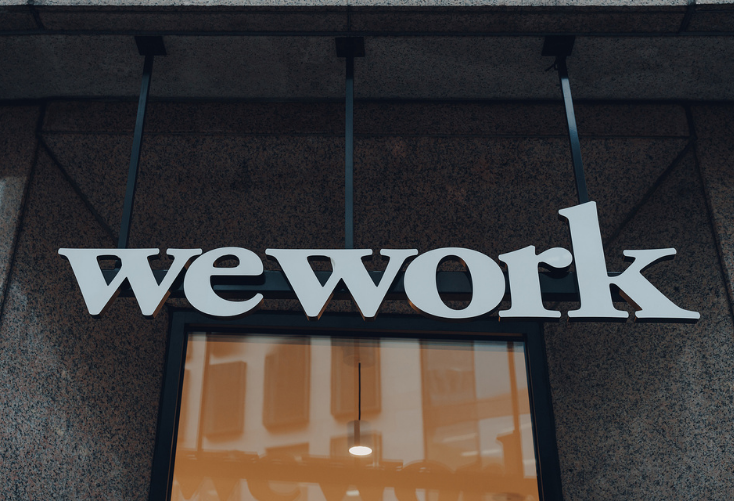Hand selected flexible workspace news from the most reliable sources to keep you ahead of the pack. We find all the latest news, so you don’t have to. Morning and afternoon updates. Stay in the know.
Here’s what you need to know today:
- The Role Of Technology In The Future Of Work
- Hybrid Work Arrangements Will Define The Future
- WeWork Documentary Will Premiere On Hulu
The Role Of Technology In The Future Of Work
New technologies have become an essential part of many workplaces as companies transition to remote working arrangements. The use of video conferencing tools and other online platforms have become a necessity for workers to collaborate and communicate with one another.
But these resources barely scratch the surface of offerings. Now with augmented reality being used on assembly lines and even medical procedures, these technologies are redefining the role of the office.
The adoption of such technologies is giving companies the chance to cut down on their real estate footprints as more employees continue to work from home.
Along with these latest advancements in technology will be the use of virtual offices. For years, companies who operate with distributed workforces have used these offices as a way to keep teams connected, no matter where they were working from.
Now more than ever, virtual offices are the ideal tool for organizations who are focused on keeping their employees engaged throughout the pandemic. These usually include a platform that allows workers to video chat, instant message and more.
Additionally, demand for virtual focus groups has been growing over the last several months. For instance, virtual environment platforms such as Remesh provide companies with insights from small focus groups through digital surveys.
By doing so, business leaders can have a better idea of how employees are feeling at the time, and what they need to produce their best work.

Hybrid Work Arrangements Will Define The Future
According to Riverbed’s Future of Work survey, there is an expected 50% increase in remote employees after the pandemic is over. This comes as no surprise, as employees who have gotten to experience the perks of working from home are not ready to give up this arrangement just yet.
Now companies are at a crossroads in deciding whether to allow their employees to continue working remotely or to bring them back into the office. But who says they have to choose between the two?
While there are clear benefits to working from home, some workers may want to come into the office for less distractions and simply interact with their colleagues.
That is where a hybrid work arrangement comes in. With a hybrid model, employees can come into the office two or three days a week for meetings and collaborations and use the rest of the week to get individual work done at home.
Operating with a hybrid work environment also helps keep employees engaged and nurtures a community, while still allowing them to have a healthy work-life balance.
However, this cannot be accomplished without investments into the right technology. In fact, the Riverbed survey found that technology performance issues contributed to a dip in employee productivity and 69% of business leaders said they were not prepared to support a massive remote workforce.

WeWork Documentary Will Premiere On Hulu
The WeWork documentary produced by Campfire, Forbes Entertainment and Olive Hill Media has found a home at Hulu.
Production on the untitled film started remotely in April and is close to being done, with an air date set for 2021.
It is being directed by Jed Rothstein, best known for directing Academy-nominated documentary short Killing in the Name.
The film will document the rise and fall of WeWork under the leadership of founder and former CEO Adam Neumann, who has since been forced out of the company.
This documentary will mark Forbes Entertainment’s first feature film venture based on its own reporting of the coworking company.
“It’s been fascinating to follow Forbes’ coverage of WeWork’s dazzling start as the poster startup of the Unicorn Era to its dizzying descent to one of the most controversial tech startups in history,” said Belisa Balaban, VP Documentaries at Hulu.

















